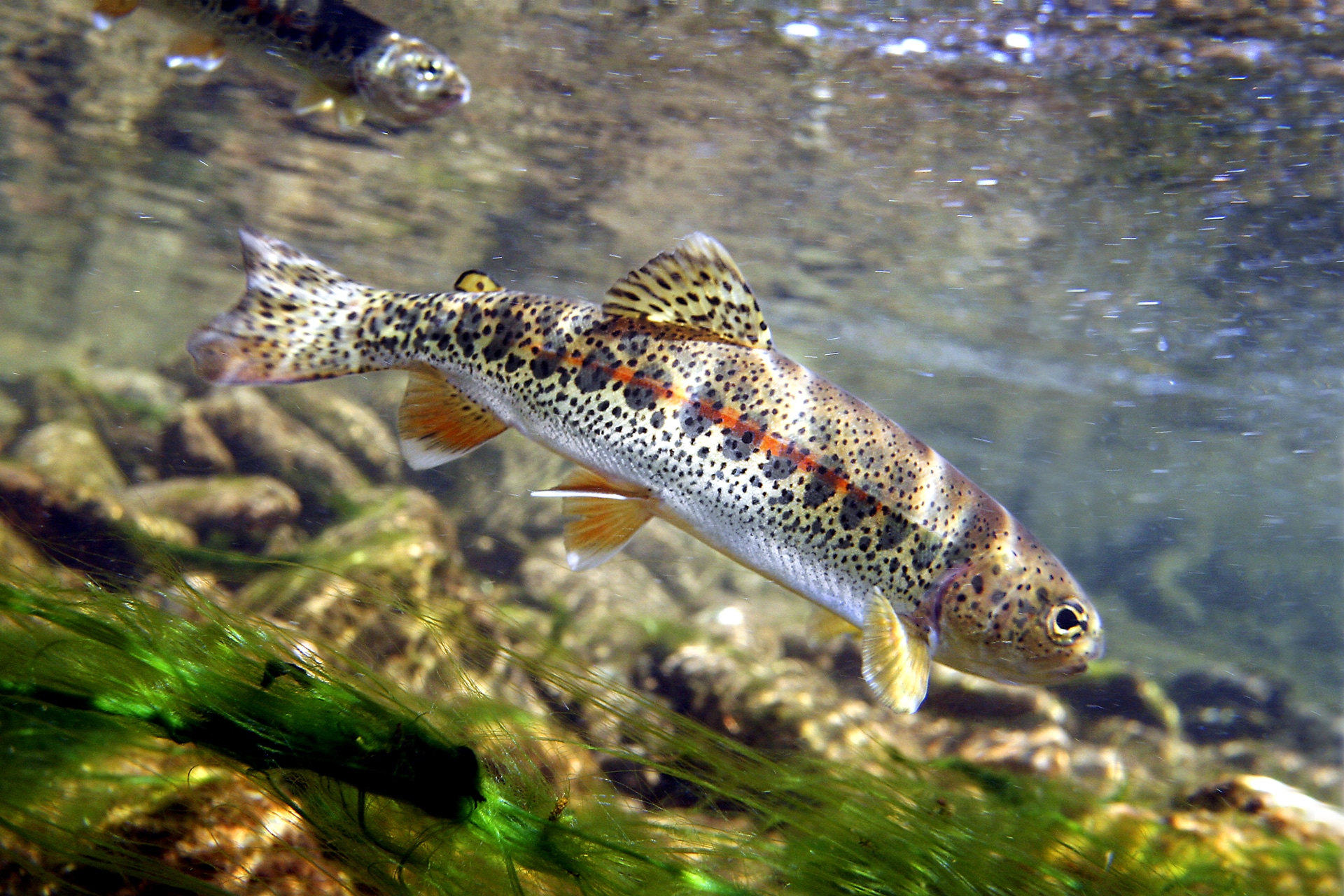
Biosecurity in Aquaculture: Why is it Important?
The horrific images of burning pyres set by farmers in the UK is still fresh in the minds of many people, some two years later. Foot and mouth disease (FMD) caused the slaughter of tens of thousands of animals. Some of which were perfectly healthy but were slaughtered in attempts to eradicate the disease. The trickle-down to farmers and eventually taxpayers was horrendous. It meant the outright loss of livelihood to many family farmers and changed the way of life for rural-living people.
Download PDF Guide
No time to read this article now? We have a PDF version available for download. Just fill out the form and we’ll send it to you.
Another example of food supply epidemic disaster was bovine spongiform encephalopathy (BSE) or mad cow disease that caused untold economic loss to farmers and again caused the slaughter of many animals. The situation was made worse by the massive economic implications of export restrictions that trickled down to meet products containing any ruminant byproduct including tallow and manufactured goods.
Most recently, Exotic Newcastle Disease, appropriately abbreviated (END), has wreaked havoc on California’s poultry industry. The California Department of Food and Agriculture and the United States Department of Agriculture are working franticly to eradicate the disease. Since October 1, 2002, END has resulted in almost 11 thousand sites being quarantined, with the humane slaughter of over 2 million birds. Sites must not be restocked until there is absolutely no risk of them being re-infected. The economic implications of this epidemic are still unclear.
While these ill winds have caused many consumers to switch to fish, the aquaculture industry is not without its own epidemics. In the 1960’s, many state enhancement hatcheries in Oregon and Washington were closed and their fish slaughtered because of infectious hepatic necrosis (IPN) outbreaks. On a global scale, furunculosis has caused the bankruptcy of many trout hatcheries and more recently, infectious salmon anemia (ISA), infectious hepatic necrosis (IHN) and IPN have caused enforced culling of thousands of fish worldwide.
All of this information is old news, however, it still holds a very important lesson for today’s aquaculture industry. These events are biosecurity nightmares where the rampant spread of a disease foils containment to the economic woe of all. However, the other common factor is the general lack of overriding policies that could have mitigated the impacts of the diseases.
Biosecurity starts with policy makers. It starts at the top and is adopted much like a mission statement. This does not mean that CEO’s start the day by washing their hands before commencing work (although they should), but instead by providing leadership for this initiative. The principles of biosecurity must be a priority and have to be woven into the fabric of corporate policy. This means that biosecurity issues are indeed as important as economic issues. As FMD and BSE have shown, biosecurity and economic prosperity go hand in hand.
Empowerment is a buzzword that makes the rounds now and again. In this case, it is the ability of anyone in the chain of production to point out weaker links of biosecurity. Upstream or downstream failures in biosecurity affect the outcome of the whole process. This is especially true for salmon farmers. The poultry, swine and cattle industries have barns. These are controlled environments where complete seclusion of the animal or herd is necessary and barriers to pathogen transmission can be installed. As fish farmers, our barn is the water, in some cases the ocean and the environment is transferred to hatcheries, wellboats, sea cages and processing plants.
In short, food producers have consumer safety as their primary target. If the food they produce is not safe, no economic model works. The second and equally important target is economic prosperity. Part of this process is biosecurity. It touches all the bases: environmental integrity, animal welfare, food safety and economic gain. Nice talk, but if the policy is not accepted and adhered to by all parties involved, the smoke you smell is not off the BBQ.
